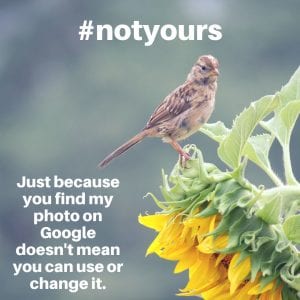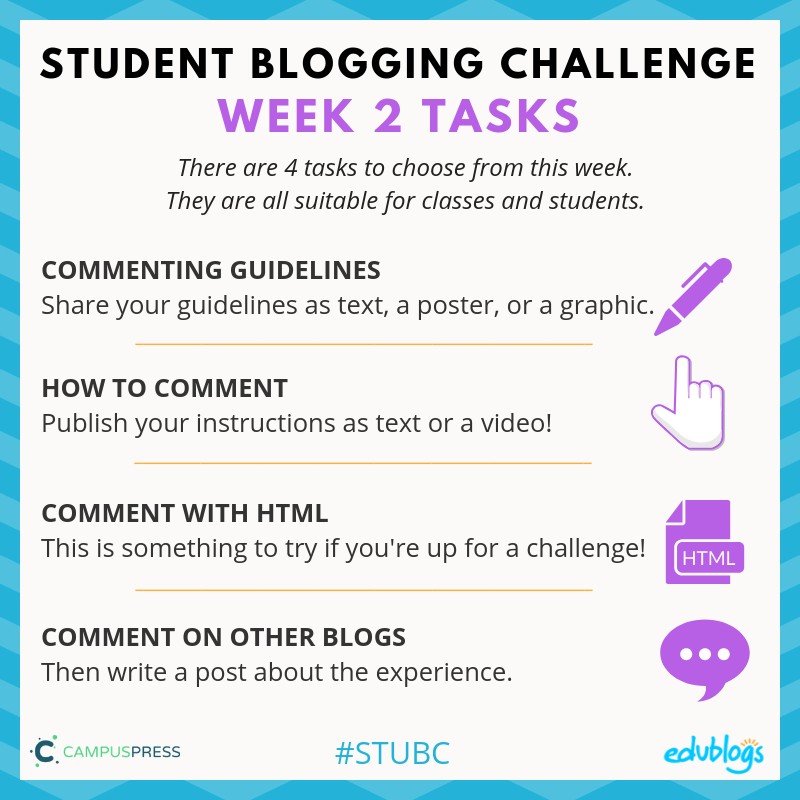Thanksgiving, as a holiday, has a bad reputation in many ways. There are those who point out that it celebrates the colonization of the First Peoples … and they’re not wrong in saying that. As such, I think it’s important that we acknowledge that the origins of the holiday come from a place that we’re trying to heal as a nation.
The opportunity to practice gratitude, however, is one I don’t think we practice as a society often enough. We are quick to say when something bothers us, when something has gone wrong or someone has done something we don’t like; we are less inclined to speak up when something is going well. We take the good times for granted and complain about the bad.
So today, I want to reflect on the things I’m thankful for as a teacher. My school has an incredible staff on it, many of whom are doing a lot for students both inside their classrooms and outside of them. We are able to offer many extra-curriculars because staff are willing to sponsor them. In my departments, I love that we can disagree respectfully, and still listen to and learn from each other. The Humanities department has such a passion for making the transition to grade eight easier for our students, and the English department works tirelessly to give students an opportunity to express themselves creatively in a variety of media. (On that note … post your #Tweetsmuir scary stories!!)
I’m immensely grateful for my students – for all of my students. Yes, there are those who share similar passions for reading, writing or medieval history, who work hard in class and love learning, and I’m grateful for the opportunity to work with them. Yet I’m equally grateful for the opportunity to work with those students who are passionate about different things, who don’t enjoy the subject(s) I teach and who would prefer to be almost anywhere else. These are the students who help me grow as a teacher, who drive a lot of the learning I do. They inspire me to try and become a better teacher, to offer more opportunities for learning and more ways to do it.
Finally (well, not finally, but the last one I’m going to talk about here), I’m grateful for the opportunity to work with Ms Boparai and the other student teachers. They help keep me connected to the current research around education and learning, but more, they force me to consider my own practice and reflect on why I do or believe what I do. They are creative and keen and the students enjoy the opportunity to work with them as much as I do. I learn a lot from them, and they cause me to (productively) examine my philosophy and practices.
So … although I may not appreciate the origins of the Thanksgiving holiday, I do appreciate the opportunity to reflect on the many blessings I have. Practicing gratitude is a mindfulness technique, though one we haven’t tried yet. I am grateful for the reminder to focus on the many ways those around me contribute to my life. Thank you.

